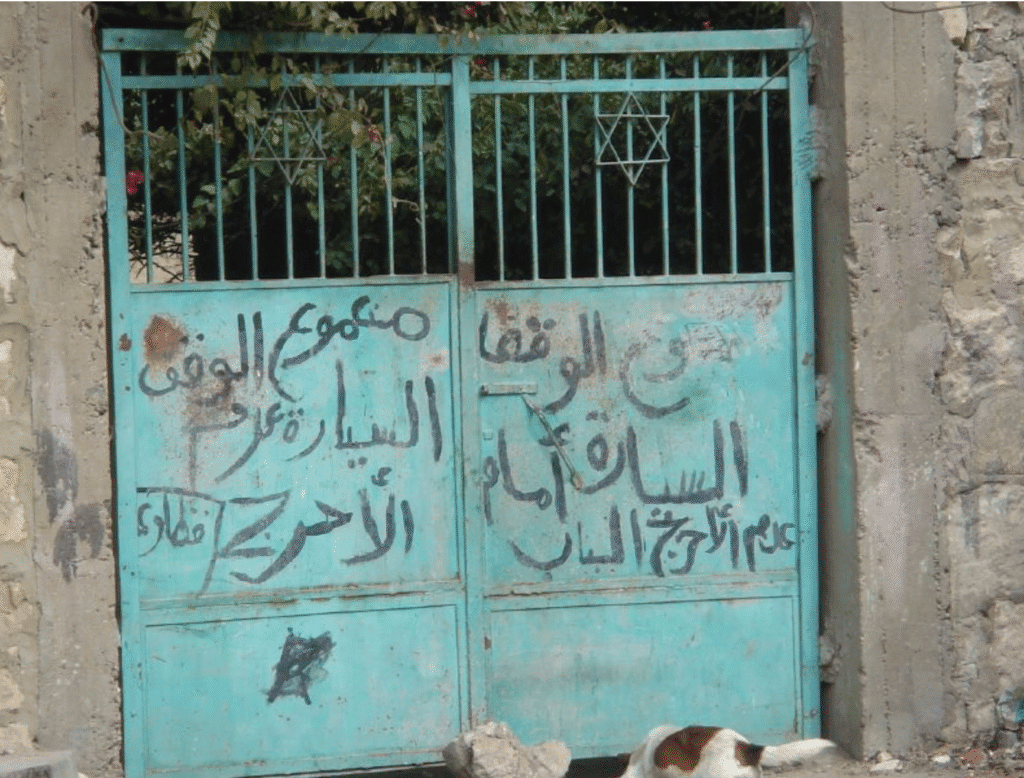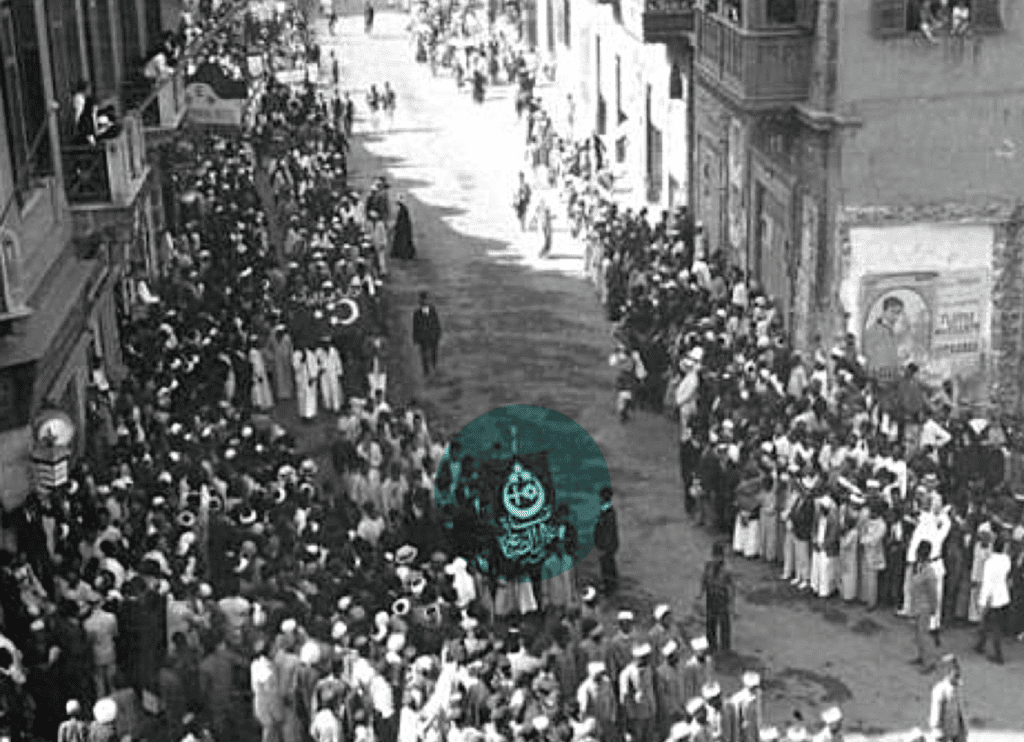Egyptians barely want to remember their expelled Jews
This Collateral article by Maha al-Hissy may date back to 2019 but accurately and movingly captures how the expelled Jews of Egypt have been eradicated from the country’s cultural memory (with thanks: Edna):

The last five Jews in Egypt might have seen their numbers reduced to four by now. Information on the exact size of the shrinking Jewish community may be inaccurate, out of date, or based on Jews remaining in Cairo only, while excluding those in other parts of the country. The fact remains that the Jewish community in Egypt, that numbered between 65,000 and 75,000 in the mid-20th century, will have disappeared completely a few years from now. Comparing the first half of the last century to the second in terms of the presence and the role of Jews in Egyptian society tells a story of two extremes: inclusion and belonging followed by expulsion, pluralism followed by a fanatical striving for national “purity.” This history contrasts a Golden Age with a Second Exodus, with the year 1956 marking a turning-point.
During World War One, the number of Jews living in Egypt increased significantly. The rise of fascism and anti-Semitic sentiments in Europe, and the evacuation from Palestine of thousands of Jews around the year 1917 under Ottoman rule, resulted in the arrival of a large wave of exiles in Egypt. The majority settled in Cairo and Alexandria. At that time, Egypt was known for providing a friendly environment for expats, not to mention that Egyptian Jews were obviously well-integrated in society. In fact, this large wave of migration connects Europe’s cultural heritage to the Middle East, Egypt being a hub for this encounter, illustrating the intertwined histories of East and West.
The striking reality is so hard to imagine today that it sounds more like a fairytale. In light of the Arab-Israeli conflict, all things Jewish have been condemned and eradicated from Egyptian cultural memory. It is not uncommon to find book vendors on the street selling copies of Hitler’s Mein Kampf nor to get into a conversation with a taxi driver who will chitchat about adoring Hitler, “this great man who fought the Jews.” However, in the documentary film Jews of Egypt (2013) by Egyptian director Amir Ramses, several interviewees, most of them Jews or member of Jewish families who lived in Egypt before migrating to France, agree that hostility or negative discrimination against Jews simply did not exist in Egyptian society until 1935. A famous picture taken during the popular revolution of 1919 led by Saad Zaghloul against the British occupation of Egypt and Sudan shows protestors waving a flag with a crescent enclosing the cross and the Star of David as a sign of unity, diversity, inclusion, and belonging (figure 1). Displaying the symbol of Judaism is out-of-bounds in contemporary Egypt, where Judaism is often conflated with Zionism.

Many of the middle- and working-class Jews, mainly small business owners, jewelers and merchants, resided in Haret el-Jahud, “The Jewish Quarter,”where Jews lived together with Muslims and Christians – this was not a ghetto inhabited by a minority. Today the neighborhood, which is said to have been home for Jews for over 700 years, is more of a Chinatown. Only a few neglected synagogues remain, most of them in miserable condition, as traces of the area’s Jewish heritage. While the neighborhood’s older generation still remembered some of the Jewish residents, its history and the Jewish presence in Egypt in general is now largely unknown to later generations. An article published in the widely-circulated newspaper Al-Ahram English depicts the current alienation from Egyptian-Jewish history in Haret el-Yahud. A young man points out a synagogue that was difficult to find: “This is all that is left. We know that behind the brick wall is a synagogue, but it has no entry gates.”2 As the article continues, it becomes clear that no-one knows anything further – neither the name of the Jewish house of worship, nor the date it was built.
Until the end of World War Two, elite European-style department stores contributed greatly to the nation’s trade, economy, and modernization. Les Grands Magasins Cicurel, owned by the Cicurel family, was an elite department store chain near the Opera House in downtown Cairo. It was damaged in a bombing in 1948, and burned down in the Cairo Fire of 1952 in a serious wave of riots and lootings also known as “Black Saturday.” Benzion, Gattegno and Hannaux are names of other European-style stores owned by Jews. All were nationalized or liquidated in the aftermath of the Egyptian coup d’état in 1952.




Leave a Reply